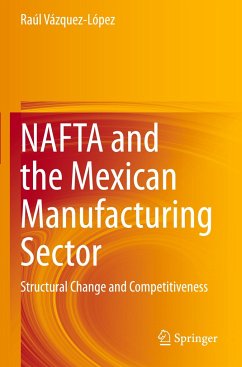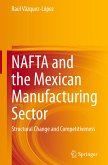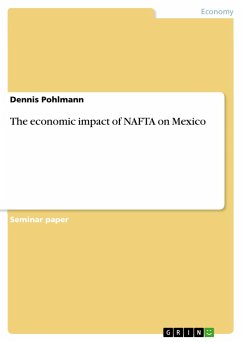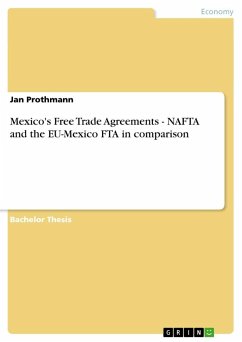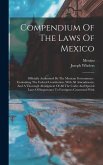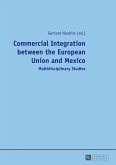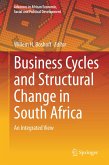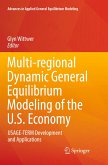This volume discusses the development of the Mexican manufacturing sector during the NAFTA era. This book pursues several objectives simultaneously. Firstly, it gives continuity to and revitalizes the structuralist economic perspective and debate proposed by Latin American development theory. Secondly, it analyzes the trend of structural heterogeneity in Mexico from 1994-2008 using the manufacturing sector as a case study. Lastly, it uses methodologies established by the Economic Commission for Latin America and the Caribbean (ECLAC) to provide an in-depth statistical evaluation of the effects of economic liberalization on structural change, labor productivity, production concentration, and dynamic competitiveness in the main industries of the sector: food, beverages, and tobacco; textiles and apparel; chemistry; electromechanics.
Providing historical context for the evolution of Mexico's economy after trade liberalization, this volume will be of interest to students, scholars, and researchers of industrial economics, economic development, Latin-American studies, developing studies, international economics, international relations, political science, and economic geography.
Providing historical context for the evolution of Mexico's economy after trade liberalization, this volume will be of interest to students, scholars, and researchers of industrial economics, economic development, Latin-American studies, developing studies, international economics, international relations, political science, and economic geography.

